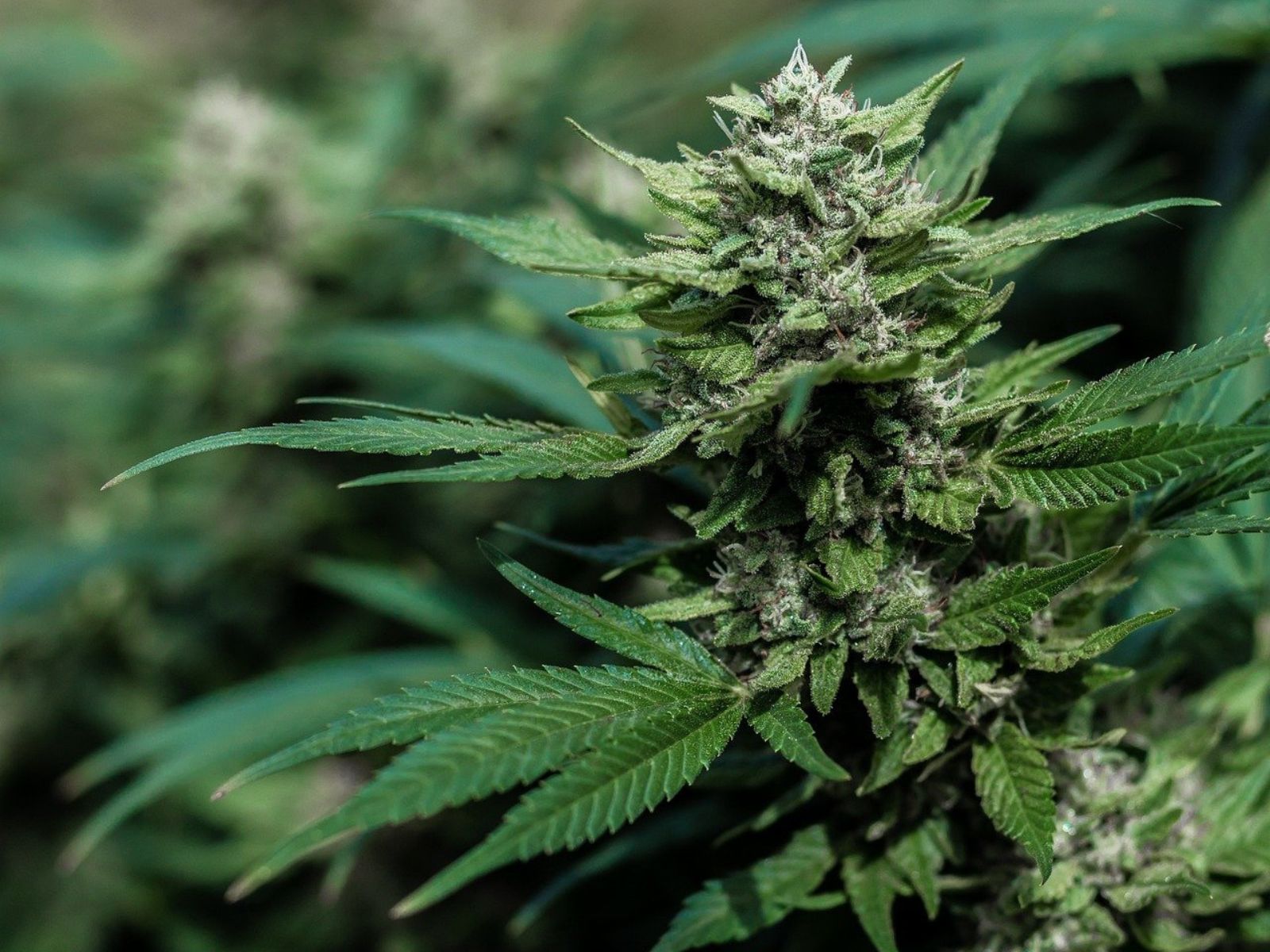
What You Need To Know About German Cannabis Legalization

What You Need To Know About German Cannabis Legalization
Cultivation
The main initial way for adults to legally source cannabis in Germany once the new law takes effect is to cultivate it in their homes. Adults will be able to cultivate up to three plants in private for personal use according to the proposed measure. Personal cannabis cultivation is popular in other jurisdictions where it is permitted, including in jurisdictions where consumers have other options from which to legally source their cannabis like storefronts.
It’s virtually guaranteed that many adult consumers in Germany will choose to cultivate their cannabis, and that will, in turn, create massive opportunities overnight for companies that specialize in cultivation-related products and services such as seeds, grow lights, plant nutrients, harvesting equipment, odor control, and drying equipment.
Possession
In addition to being able to cultivate cannabis, adults in Germany will be able to possess a personal amount of cannabis. The possession limit will reportedly be set at 50 grams. In addition to the expressed legal possession limit, penalties for possessing slightly more than the legal threshold will be considered an ‘administrative violation’ rather than a criminal offense yielding jail time.
Narcotics De-listing
Cannabis will be removed from Germany’s Narcotics List once the new law is implemented, and the significance of that cannot be overstated. One thing that may not be on everyone’s radar, but should be, is that the de-listing of cannabis will improve safe access for medical cannabis patients by removing some hurdles in the medical cannabis supply chain and streamlining processes for pharmacies. Cannabis research will be easier to pursue, and hopefully academic institutions will begin to receive national and/or EU-provided funds for specific research projects.
Clubs
If the reported timeline stays on track, noncommercial cannabis clubs will start as early as July 1, 2024. Membership-based noncommercial clubs, from which adult consumers can legally source their cannabis, will be subjected to various regulations. Consumers will also be able to purchase seeds and clones from noncommercial clubs. One of the sticking points leading up to the recently reported final coalition agreement was the implementation of noncommercial clubs, and part of the coalition’s compromise was to stagger the implementation date. After the launch, non-commercial clubs will likely be common throughout most of Germany.
Future Reforms
All of the previously listed items are part of the ‘first phase’ of Germany’s legalization plan, often referred to as ‘the first pillar.’ The second phase/pillar involves the launch of regional adult-use cannabis commerce pilot programs, similar to what is already in place in Switzerland, but on a significantly larger scale. Nationwide adult-use sales, similar to what is in place in Canada, will have to wait due to European Union restrictions.
However, if home cultivation is widespread, cannabis clubs are also widespread, and regional adult-use cannabis commerce pilot programs are located in many jurisdictions throughout Germany, domestic access to legal cannabis will not be as big of a problem as some may think. With that being said, Germany needs to continue to lead the way at the European Union level, and hopefully the inevitable success of German legalization will kick those efforts into overdrive.
Share article


Share article
Join Our Awesome Community
Join Our Awesome Community
Join Our Awesome
Community
Get all the latest industry news
delivered to your inbox







